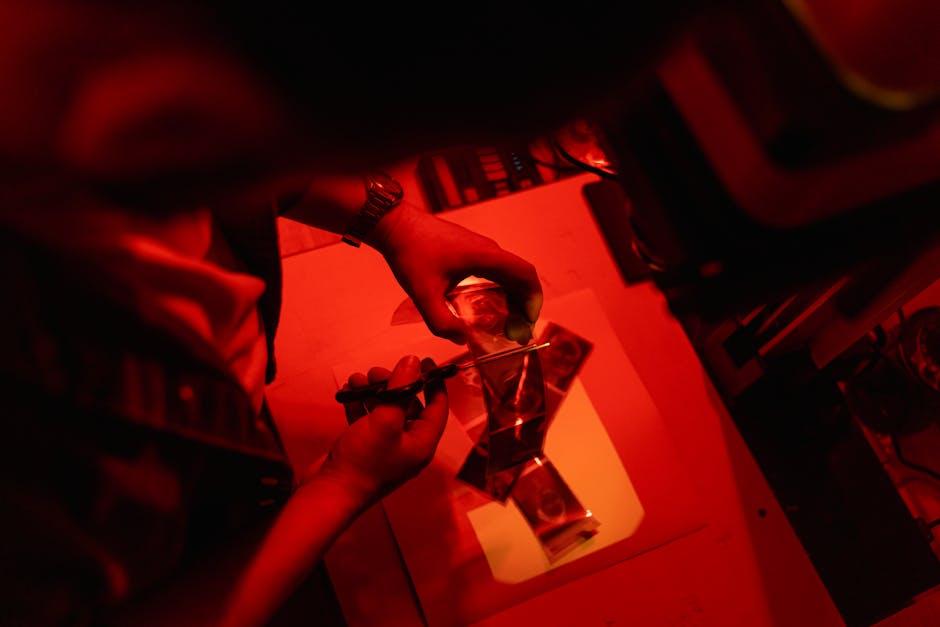In an era where technology continues to reshape various aspects of our lives, the realm of art and creativity remains largely human-dominated. However, recent advancements in artificial intelligence (AI) have caused quite a stir within the artistic community, particularly in the field of poetry. People can no longer confidently discern whether a poem is written by a human or an AI.
Traditionally, poetry has been viewed as an expression of the human experience, encapsulating emotions, observations, and reflections in a unique and personal manner. Human poets have long been revered for their ability to craft verses that touch the depths of our souls, leaving us pondering life’s mysteries. But today, AI algorithms are capable of producing poems indistinguishable from those composed by humans. This breakthrough has sparked debates about the nature of art, the essence of creativity, and the role of technology in our artistic endeavors.
One of the reasons people struggle to differentiate human-written poetry from AI-generated verses is the sophistication of modern AI algorithms. Thanks to machine learning techniques, AI systems can analyze vast amounts of text, absorb linguistic patterns, and generate coherent and aesthetically pleasing sentences. By observing millions of human-written poems, AI programs can learn the subtleties of poetic language, the intricate interplay of rhythm and meaning, and the use of metaphors and symbolism that have defined human poetry for centuries.
Moreover, AI systems can assimilate diverse cultural and historical influences, allowing them to produce poems in the style of ancient Chinese haikus or the rhyme schemes of Shakespearean sonnets. Some AI-generated poems have already garnered admiration from literary critics who praise their compelling imagery, thought-provoking themes, and delicate poetic techniques.
However, critics of AI-generated poetry argue that true artistic expression requires a human touch, something intangible that stems from the depths of human emotion and experience. They contend that AI can mimic the formal qualities of poetry, but it cannot truly understand the deeper nuances and profound truths that make poetry so universally resonant. Poetry, to them, is inherently human, rooted in the complexities of the human condition.
Yet, as AI continues to evolve and improve, blurring the line between human and artificial creativity, it becomes increasingly challenging to maintain this clear distinction. AI models can now generate poetry that evokes genuine emotional responses, explores existential questions, and tackles societal dilemmas. Some AI-generated poems are not merely imitations but present unique perspectives, pushing the boundaries of human imagination and challenging traditional notions of creativity.
In this fast-paced digital age, where algorithms increasingly infiltrate our lives, AI-generated poetry forces us to confront our biases and preconceived notions about art. The fact that people cannot easily discern between human and AI-written poems raises profound questions about the essence of art and its evolution in our technologically driven world. It challenges us to reevaluate the very definition of creativity and appreciate the potential of AI as a tool for artistic expression.
Nevertheless, even if AI-generated poetry continues to advance, the role of human poets should never be underestimated. Human creativity springs from a tapestry of experiences, emotions, and idiosyncrasies that hold the power to resonate with others in ways that AI cannot replicate. The human touch is what makes art so deeply personal and authentic. It is a constant reminder of the importance of preserving our voices, our originality, and our connection to the world around us.
the rise of AI-generated poetry presents a fascinating conundrum for the art world. As AI algorithms become increasingly sophisticated, we find ourselves unable to confidently determine whether a poem is written by human or machine. While this may unsettle traditionalists, it also challenges us to reimagine the possibilities of human-AI collaboration in creative endeavors. Ultimately, whether it is humans, AI, or a combination of both that contribute to the evolving realm of poetry, what truly matters is the power of words to touch hearts, provoke thoughts, and reveal the depths of the human experience.

